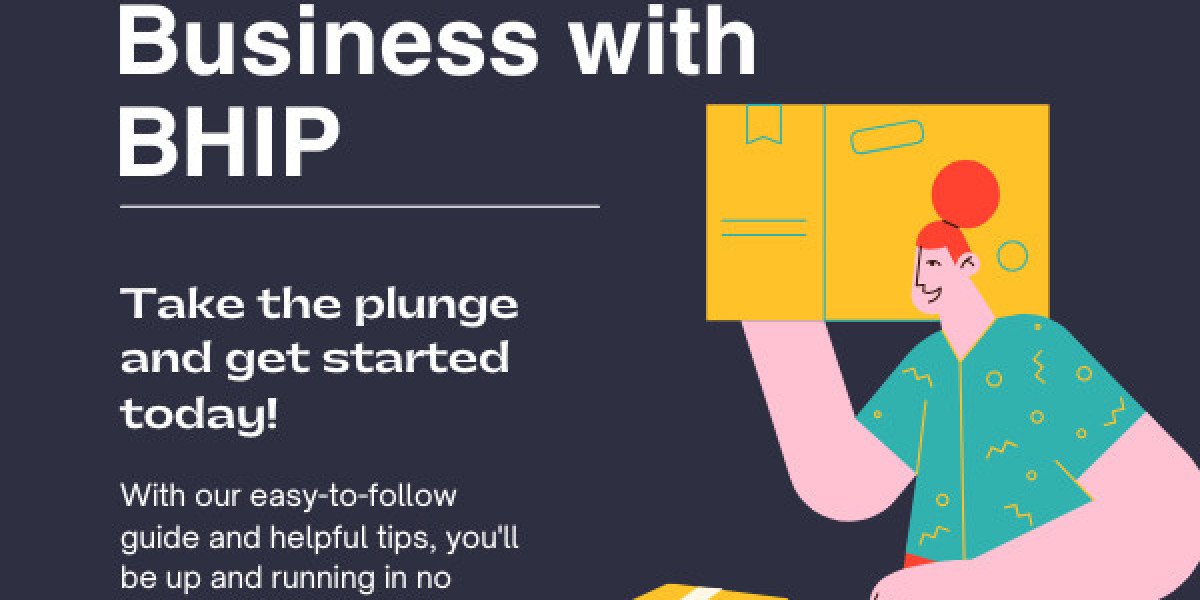Deca-Durabolin Nandrolone An Overview
THE JOURNEY TO A MEANINGFUL LIFE – A Blueprint for Living Well
---
I. INTRODUCTION
- Why This Guide? – The need to move beyond "busy‑ness" toward purpose, well‑being, and lasting fulfillment.
- How to Use It – Practical tips: read a chapter each week, experiment with the exercises, keep a reflective journal.
II. FOUNDATIONS OF A MEANINGFUL LIFE
- Clarify Your Core Values – Identify what truly matters (e.g., integrity, compassion, creativity).
- Define Your Life’s Purpose – Translate values into a guiding mission statement that informs decisions.
- Set Visionary Goals – Create long‑term aspirations aligned with purpose; break them into manageable milestones.
III. MINDSET FOR PROACTIVE GROWTH
- Adopt a Growth Mindset – Embrace challenges, learn from setbacks, view effort as the path to mastery.
- Practice Self‑Compassion – Treat yourself kindly during failures; foster resilience and sustained motivation.
- Cultivate Curiosity & Lifelong Learning – Seek knowledge beyond comfort zones; stay adaptable in a changing world.
IV. HABITS THAT STRENGTHEN PURPOSEFUL LIFE
- Morning Rituals – Start with reflection, gratitude, or visioning to align daily actions with long‑term goals.
- Structured Goal Setting (SMART/OKR) – Define Specific, Measurable, Achievable, Relevant, Time‑bound objectives.
- Time Blocking & Prioritization – Allocate blocks for high‑impact tasks; minimize distractions from low‑value activities.
V. BALANCING WORK, HEALTH, AND RELATIONSHIPS
- Physical Well‑Being – Regular movement, balanced nutrition, adequate sleep—essential foundations for sustained performance.
- Mental Resilience – Mindfulness practices, journaling, and reflection help manage stress and prevent burnout.
- Social Connectivity – Cultivate meaningful relationships; supportive networks enhance motivation and accountability.
VI. LEARNING FROM SETBACKS: A FRAMEWORK FOR GROWTH
- Debrief – Analyze what went wrong and https://git.ecq.jp/jarredmcquade4 why; gather honest feedback from peers or mentors.
- Reframe – Shift perspective to view failures as data points that inform future strategies.
- Iterate – Implement incremental changes, test outcomes, and refine processes—akin to agile development in software engineering.
VII. IMPLEMENTING THE PLAN: A 12‑Week Roadmap
| Week | Focus Area | Key Activities |
|---|---|---|
| 1-2 | Goal setting & baseline assessment | Define metrics, conduct SWOT analysis, identify learning resources |
| 3-4 | Skill acquisition (e.g., advanced data analytics) | Complete online modules, apply concepts to small projects |
| 5-6 | Practical application | Build a portfolio project; present results to stakeholders |
| 7-8 | Feedback & iteration | Solicit peer reviews, refine work based on critiques |
| 9-10 | Expansion of scope | Take on a more complex problem or cross-functional collaboration |
| 11 | Reflection & documentation | Write case study summarizing process, outcomes, and lessons learned |
| 12 | Presentation & future planning | Showcase achievements; outline next steps for continued growth |
---
5. Conclusion
The "Case Study" approach offers a structured yet flexible framework to:
- Translate theoretical knowledge into tangible results.
- Demonstrate the value of applied work to stakeholders.
- Identify strengths and gaps in your skill set.
- Accelerate personal and professional development.
---
Feel free to adapt this template to suit your specific context or industry. The key is consistency: treat each case study as an opportunity to learn, iterate, and demonstrate impact. Good luck!








